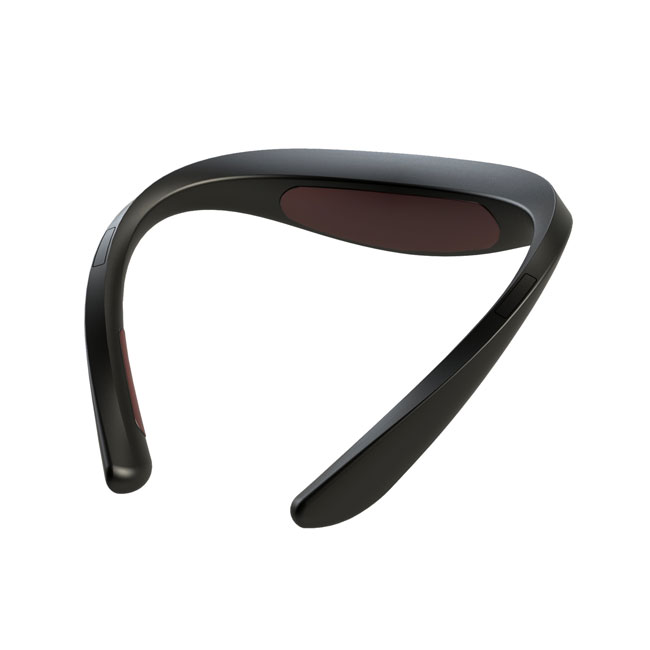Two of the three cofounders of biometrics startup Aegle could be in class.
Instead, George Chen, 20, and Krzysztof Sitko, 21, both undergraduate engineering students at the Johns Hopkins University, are taking time off — probably a justifiable decision when Baltimore’s newest accelerator program has entrusted your startup with $50,000, and a larger $10 million prize is on the line.
Along with 25-year-old Hopkins engineering alumnus Justin Rubin, Chen and Sitko are now working to create a wearable biometrics device that wraps around users’ necks in the same way a neck pillow a tired Amtrak train commuter might wear does. Aegle — the name is a nod to the goddess of “radiant good health” — is a member of the first class of DreamIt Health Baltimore, the health IT accelerator for early-stage healthcare startups based out of Johns Hopkins University office space inside Bond Street Wharf in Fells Point.
Among the biometric readings Aegle’s proposed device will measure are:
- electrocardiogram (the display of a person’s heartbeat)
- heart rate
- respiratory rate
- blood oxygen levels
- core body temperature
“Additionally, the device is capable of receiving audio streamed from the user’s smartphone over Bluetooth, and play it back using integrated ear buds that are stored in the back of the device,” said Sitko.
 While the device is a tool Sitko believes could be of its own benefit to people who would like to monitor their health from home, as well as marathon runners and other athletes, the instrument itself is serving dual purposes.
While the device is a tool Sitko believes could be of its own benefit to people who would like to monitor their health from home, as well as marathon runners and other athletes, the instrument itself is serving dual purposes.
The cofounders of Aegle are also members of Team Aezon, a collection of Johns Hopkins students and one of many groups gunning for a $10 million bounty in the global Tricorder XPRIZE sponsored by mobile conglomerate Qualcomm. As Captain Kirk-idolizing Trekkies will attest, the fictional tricorder medical device popularized by the show “Star Trek” is more than a neat gadget — it’s a fantastical way to take advanced readings of a person’s physiological state.
Qualcomm’s XPRIZE is designed to make fantasy a reality. The $10 million will go to any team able to conceive and build a working tricorder, easy for consumers to use, that can diagnose 15 different conditions and diseases and “capture key health metrics.” Right now Aegle’s neck-mounted biometrics reader is just a rendering and a 3D-printed prototype, but Sitko and company think they can bring it to life.
As for finishing college?
“I hope to go back to school,” said Sitko, who’s studying electrical engineering. “But I don’t know for certain.”
Before you go...
Please consider supporting Technical.ly to keep our independent journalism strong. Unlike most business-focused media outlets, we don’t have a paywall. Instead, we count on your personal and organizational support.
Join our growing Slack community
Join 5,000 tech professionals and entrepreneurs in our community Slack today!

Entrepreneurship is changing, and so is the economic development behind it

Tech Hubs’ new $210M funding leaves Baltimore and Philly off the table

Here’s what to know before using AI to craft your brand’s social media posts



